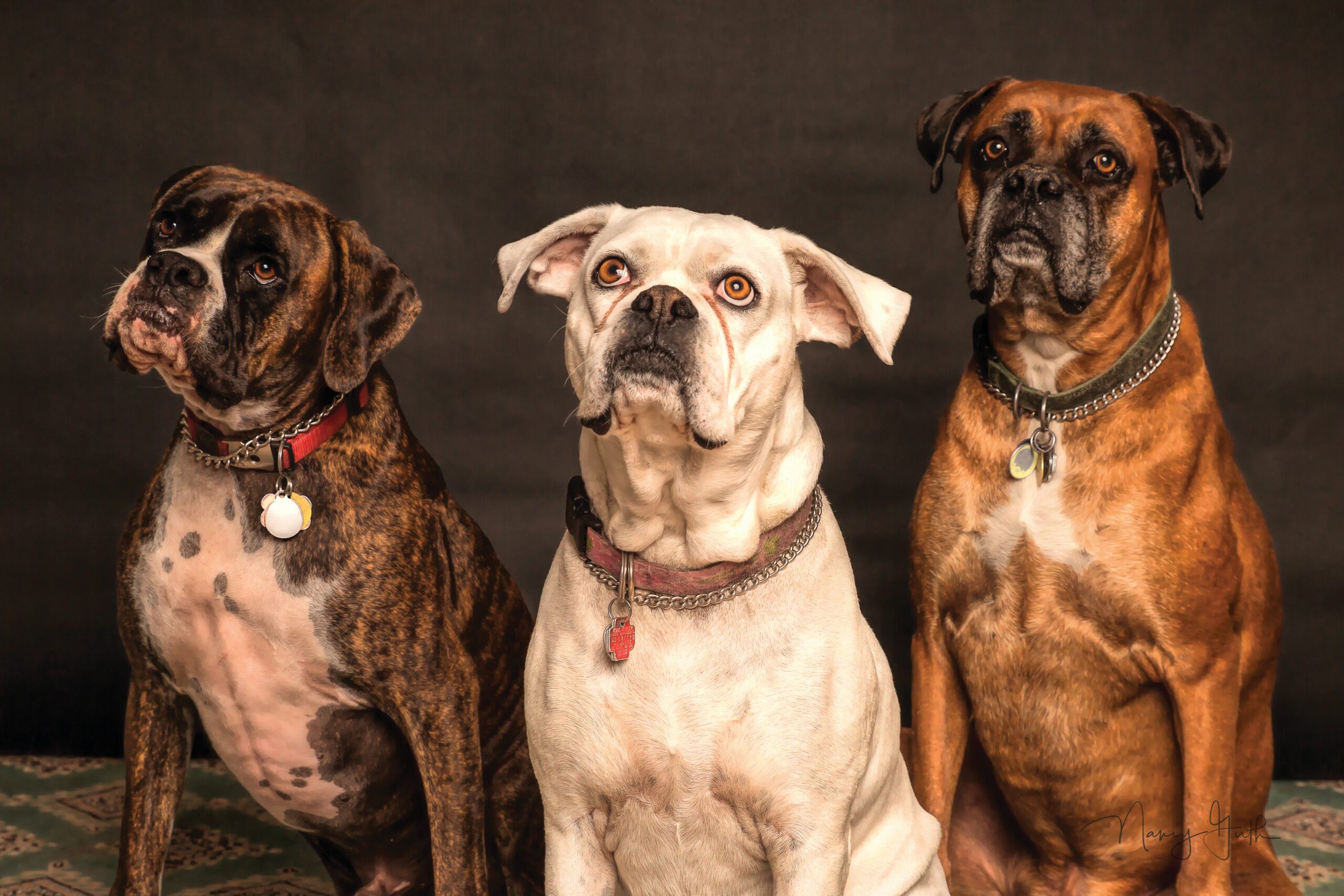Nicholas Herd is a campaigner for L’Arche Canada, part of international non-profit organization working towards the inclusion of people with intellectual disabilities.
He is participating in the UN Conference of States Parties to the Convention on the Rights of Persons with Disabilities which is taking place at UN Headquarters in New York.
“I have lived with discrimination for part of my life. When I was young, and growing up, I was bullied because of my disability. But now I can use that voice, from the child that I was, to be heard, louder and louder. I can shout it on the top of a building or off a mountain, bigger than the UN so that persons with disabilities are included at the table.
That’s how big our voice should be around the world.
That’s the reason why we’re here in the United Nations. We want to be included.
This is my first time at the UN. I felt a bit emotional yesterday because I couldn’t believe that I’m here doing this.
Inclusion and the Oscars
What inspires me in my work is animation in film. I grew up with Disney, Pixar, and Marvel films, but I always felt there was something missing; you don’t see a person with Down syndrome, which is a bit annoying.
But now you can with Free Bird an animated short film for which I am the creative director.
It came out on World Down Syndrome Day in 2021. It really made me happy when I first saw it released on YouTube, and then we qualified for the 2022 Oscar Awards.
You can see a person with Down syndrome in the short; you can get the facts and forget the myths.
The myth I really want to crush the most involves people with intellectual disabilities who were institutionalized. They should not be shamed or ashamed to be who they are.
Nick Herd, creative consultant, on the set of a short movie production for L’Arche Canada and USA, in March 2022.
I’m also in a theater programme called Sol Express in Toronto, and a play called Birds Make Me Think about Freedom was led by institutionalized survivors.
I recently interviewed some of them on my talk show, Keeping It Real with Nick. I talked to the survivors to get information that could help with the production of the play. After me and other Sol Express members talked with them, we turned it into a production, not about them, but with them. That’s inclusion.
There was a survivor I interviewed that shared what it felt like to be free. He would remember being in the institution and seeing the birds outside. It was difficult to hear that type of story because he didn’t have the type of freedom to go where he wanted.
Nobody should be left behind, including people who have intellectual disabilities and who were institutionalized. Now we can help them to be included and participate.
Everyone brings something different
Everybody can take part and contribute to the debate about disabilities; our voices are being heard at the table and at different tables, where everything can be more inclusive, with more awareness, and more participation, where everybody can take part in meetings or even talk shows. We have a right to have a talk show. We have a right to work.
Nick Herd (right) and his colleague Warren Pot from L’Arche Canada are interviewed at the United Nations.
I love my job, and I love being here. The message coming from that is the reason why we’re in the United Nations, talking about freedom, inclusion, awareness, and, of course, education.
More work needs to be done. I haven’t seen it yet, but I hope to see it eventually.
I live with my parents and have the freedom to come and go. That’s something that I have lived with my whole life. Being part of a family or being part of something bigger, you feel more accepted. I’m an uncle and have a niece, and my sister is expecting a baby boy. The best part is I can’t wait to meet the little guy.”














